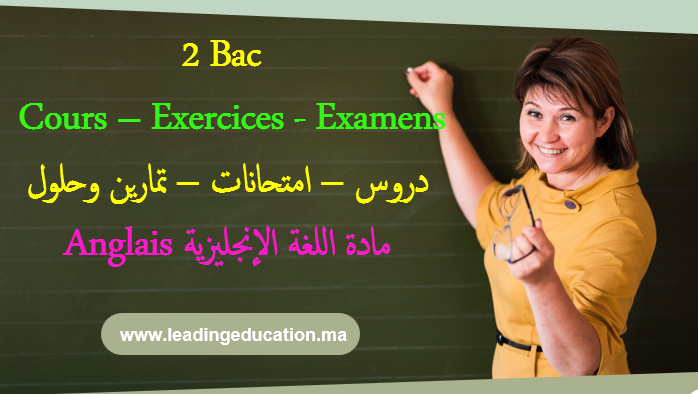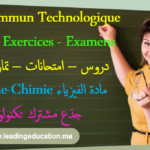Types of Education
Formal, Non-formal & Informal – 2ème BAC Sciences de la Vie et la Terre SVT
Drag & Drop Concept Map
Curriculum-based
Life experiences
Certified programs
Formal
Non-formal
Informal
1. Formal Education Institutionalized
Characteristics:
- Structured curriculum
- Certified teachers
- Graded system
- Time-bound
- Leads to diplomas
Examples:
Schools
Universities
Technical institutes
Formal Education Timeline
Pre-S
3-6 years
Primary
6-12 years
Middle
12-15 years
High
15-18 years
Univ
18+ years
2. Non-formal Education Flexible
Key Features:
- Structured but flexible
- Not necessarily graded
- Short-term programs
- Voluntary participation
- May lead to certificates
Real-world Applications:
Vocational training
Online courses
Workshops
Community programs
Case Study: Choose Your Path
Ahmed wants to learn web development. Which non-formal options could he choose?
3. Informal Education Lifelong
Nature:
- Unstructured
- Incidental
- No formal curriculum
- No certification
- Continuous process
Learning Channels:
Family
Media
Workplace
Social interactions
Scenario Analysis
Select which of these situations represent informal learning:
Comparative Analysis
| Feature | Formal | Non-formal | Informal |
|---|---|---|---|
| Structure | High | Medium | Low |
| Certification | Yes | Sometimes | No |
| Timeframe | Fixed | Flexible | Continuous |
| Setting | Institutions | Various | Everywhere |
Sorting Activity
Drag these learning activities to the correct column:
School math class
First aid workshop
Learning slang from friends
Formal
Non-formal
Informal
Reflection Activity
Think about your own learning experiences this week. Categorize them:
Formal
Non-formal
Informal
Key Takeaways:
- All three types complement each other in lifelong learning
- Formal education provides foundational knowledge
- Non-formal offers skill-specific training
- Informal learning happens constantly in daily life





Pingback: مادة اللغة الانجليزية شعبة علوم الحياة والارض السنة الثانية بكالوريا 2Bac SVT – موقع التعليم الرائد